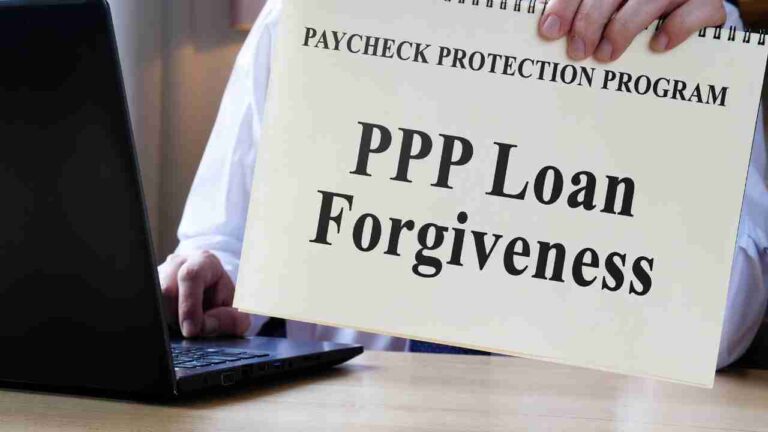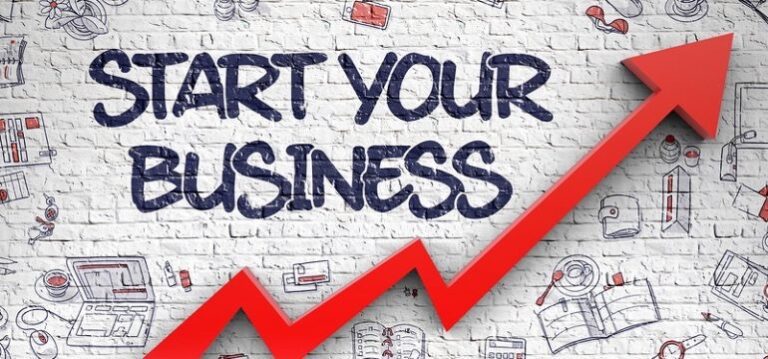The Key Factors to Consider When Choosing a Business Broker
Selling or buying a business is an exciting time. You are making changes that will affect your future for years to come, hopefully in a good way. However, this move also comes with considerable risk. You need a broker to help guide you through the process.
The broker looks out for your best interests. They want to help you achieve your goals while getting the maximum value. Don’t leave this choice to chance.
Carefully researching and selecting the broker who best fits your needs and priorities can make all the difference in deal outcomes. There are several key factors you should evaluate when looking for a business broker. Focusing your search on brokers who meet the following criteria will help ensure you find the ideal representative for your transaction.
Experience and Specialization
Look for a broker with extensive experience specifically in your industry. They will have established connections with qualified buyers and understand the intricacies of your type of business. Avoid brokers who dabble in many unrelated industries. You want someone with a laser focus on businesses like yours.
Reputation and References
Thoroughly research a broker’s reputation online and request references from past clients. Reach out to former clients to inquire about their experience. Did the broker accurately value the business? Were they transparent throughout the process? Did they deliver on their promises? A broker’s reputation and client references are telling signs of their capabilities.
Marketing Capabilities
An effective broker will leverage extensive marketing capabilities to reach the most qualified buyers. Ask about their marketing strategy. Do they have a large buyer database? What advertising channels will they use? Will they showcase your listing at relevant tradeshows or networking events? The right marketing approach is essential to driving serious buyer interest.
Knowledge of Your Local Market
Look for brokers who are deeply familiar with your specific local market. They will have insight into business valuation multiples in your area and what drives success and failure for your type of business there. Local connections can help them identify the right buyers too. Beware brokers who try to operate nationally without local expertise.
Commission Rates and Fees
Broker commissions are typically in the four to ten percent range, depending on deal size. Also, understand what other fees may apply for services like appraisals or legal work. Ensure you understand the entire fee structure so there are no surprises. However, don’t let commission rates alone dictate your choice. The cheapest broker may not deliver the best results.
Personality and Communication Style
The broker will represent you and your business, so make sure you mesh well together. Look for clear communication skills, knowledge, transparency, honesty, and commitment to your goals. If personalities clash during initial discussions, move on. You want a broker who listens to your needs and keeps you informed every step of the way.
Patience and Persistence
Closing a business sale takes time, often six to 12 months. The right broker will be patient and persistent to get the deal done right. Pressuring you to close too quickly is a red flag. Make sure they are willing to stick with the process to maximize your final sale price. Reliable brokers build commitment to see it through to the end.
With careful evaluation of these key factors, you can find the ideal broker to represent your business sale or acquisition. The extra time invested upfront will pay dividends in a smooth transaction and successful deal. Leverage your broker’s expertise while staying actively involved at every step of the process.







